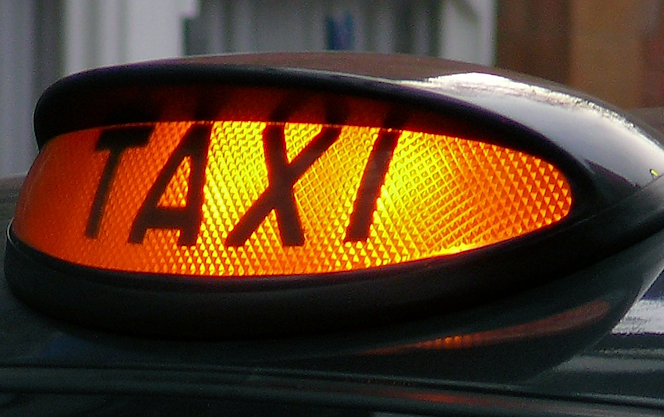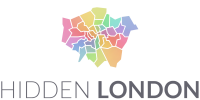The Knowledge
The Knowledge
The Knowledge is the test that drivers of London black cabs must pass to show that they know the name and location of every street and the shortest or quickest route to it.
According to an article by Jody Rosen in T Magazine (10 November 2014): ‘The origins of the Knowledge are unclear — lost in the murk of Victorian municipal history. Some trace the test’s creation to the Great Exhibition of 1851, when London’s Crystal Palace played host to hundreds of thousands of visitors. These tourists, the story goes, inundated the city with complaints about the ineptitude of its cabmen, prompting authorities to institute a more demanding licensing process. The tale may be apocryphal, but it is certain that the Knowledge was in place by 1884: City records for that year contain a reference to 1,931 applicants for the “examination as to the ‘knowledge’ [of]…principal streets and squares and public buildings.”’
Then, as now, drivers were required by the Public Carriage Office (PCO, originally a branch of the Metropolitan Police) to know the area within a 6‑mile (9.65-km) radius of Charing Cross, which encompasses 113 square miles (293 sq km). Nowadays the PCO is part of Transport for London and issues candidates with a ‘blue book’ that lists 320 routes (called ‘runs’) to be learnt, together with all the places of interest and important landmarks (known as ‘points’) on and around these runs.
It takes between two and four years to learn and pass the written and oral examinations of the ‘All London Knowledge’, after which drivers are issued with a green badge, entitling them to work anywhere in Greater London. Less ambitious candidates can apply at a secondary level, whereby a driver must be able to demonstrate a full knowledge of routes within one of nine suburban sectors and a partial knowledge of adjoining sectors, including central London. Successful suburban candidates are licensed to ply for hire only within their designated sector.
Despite the advent of in-car satellite navigation, and the recent rise of the app-based taxi service Uber, there are no plans to alter the existing system, which ensures that drivers have a comprehensive understanding of the capital’s geography and are immune from the risks of technological failure. It also serves to limit the number of black cab drivers, thus protecting their continuing income levels.
Acquiring the Knowledge has been shown to increase the size of part of the brain. In a study supported by the Wellcome Trust, the neuroscientist Dr Eleanor Maguire reported in 2000 that test subjects who had spent an average of two years learning the Knowledge had a larger right hippocampus than control subjects, and the longer they had thereafter worked as a black cab driver the larger their hippocampus was. By contrast, hippocampal enlargement was not observed in contestants at the World Memory Championships, who use techniques that avoid the necessity for large-scale learning of the kind that is essential to pass the Knowledge.


